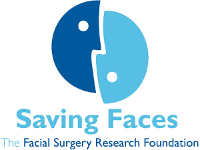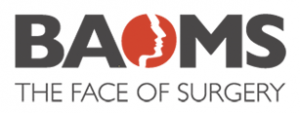| Title | Oral Potentially Malignant Disorders | ||||||
| Acronym | PMD | ||||||
| Study Type | Clinical Trial | ||||||
| Status | In development | ||||||
| Funding | Saving Faces – The Facial Surgery Research Foundation | ||||||
| Ethics | TBC | ||||||
Background
Oral potentially malignant disorders (PMDs) are precancerous conditions. It often develops through abnormal growth of cells in the mouth, which is also known as oral dysplasia. Due to the abnormal growth of cells, patients with oral PMDs present recognisable changes in their mouth, such as developing white patches on their tongue, gum or inner cheeks, which carry an unpredictable risk of transforming to cancer. Researchers have found that approximately 2-3% of people in the world have oral PMDs.
Surgical removal and laser therapy have both shown to be effective treatments for oral PMDs in preventing cancer. However, there is still no universal consensus of treating oral PMDs, particularly the patients with moderate oral dysplasia. At present, decisions are divided between ‘watch and wait’ and the surgical interventions. The point at which this decision is made is largely down to experience, clinician preference and patient factors.
In collaboration with the British Association of Oral and Maxillofacial Surgeons, NFORC has proposed a study which will compare three commonly used treatments for oral PMD exhibiting moderate dysplasia; surgical excision, CO2 laser ablation and observation. Before the researchers carry out a multi-centre prospective RCT study, they intend to carry out a feasibility study to assess the practicalities of the study such as:
- The willingness of patients to be randomised to a surgical trial,
- The surgeons’ willingness to recruit patients,
- The consent rates, compliance rates and follow-up rates, and
- The risk factors that might stop the study from taking place.
The feasibility study will therefore help to inform the researchers on how they can improve the larger main study and how they can avoid problems that could arise.
Additionally, the researchers will collect tissue, blood and saliva for a parallel translational study of genetic markers. This will identify specific genetic markers of oral dysplasia and help to identify which patients are at high risk of developing cancer or tumour recurrence.
Who manages the trial?
The project is being funded by Saving Faces – The Facial Surgery Research Foundation and co-ordinated by the National Facial and Oral Research Centre (NFORC), a branch of Saving Faces.
NFORC Director
Prof Iain Hutchison
Clinical Research Manager
Fran Ridout
For further information, please contact Fran Ridout.
Email: info@nforc.co.uk



